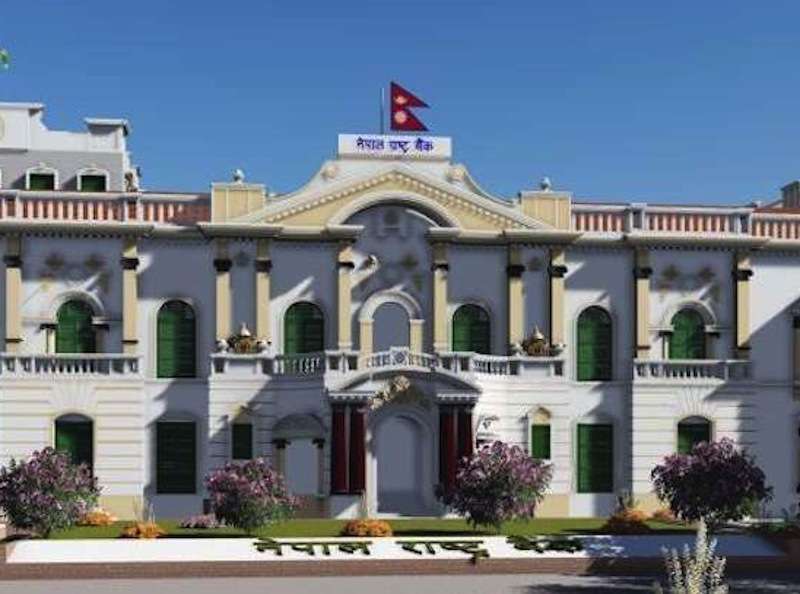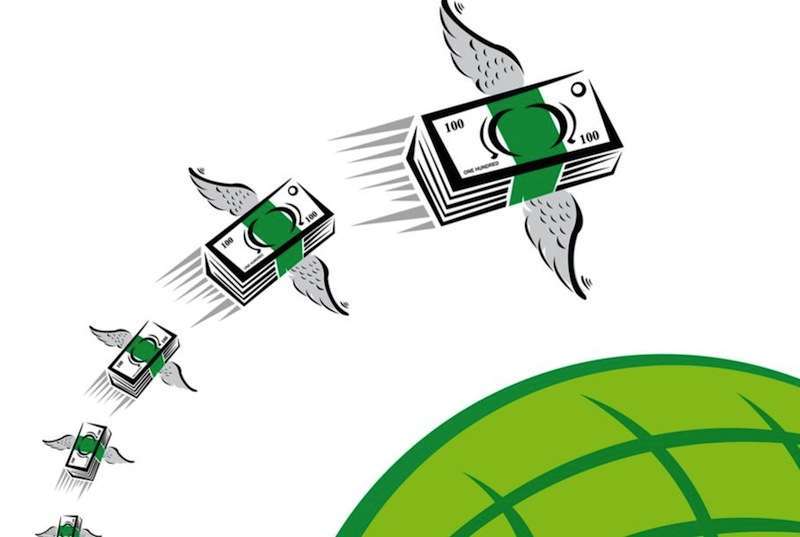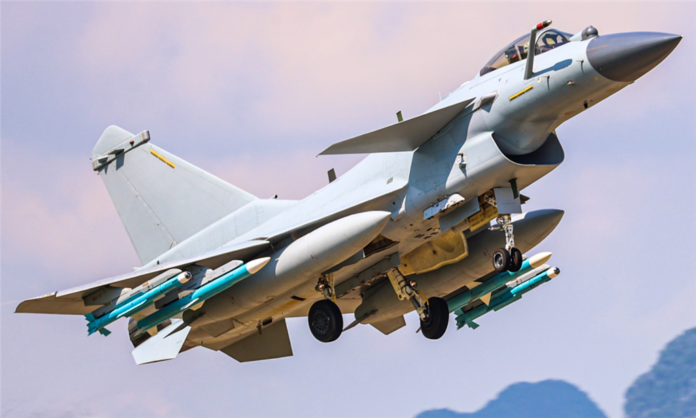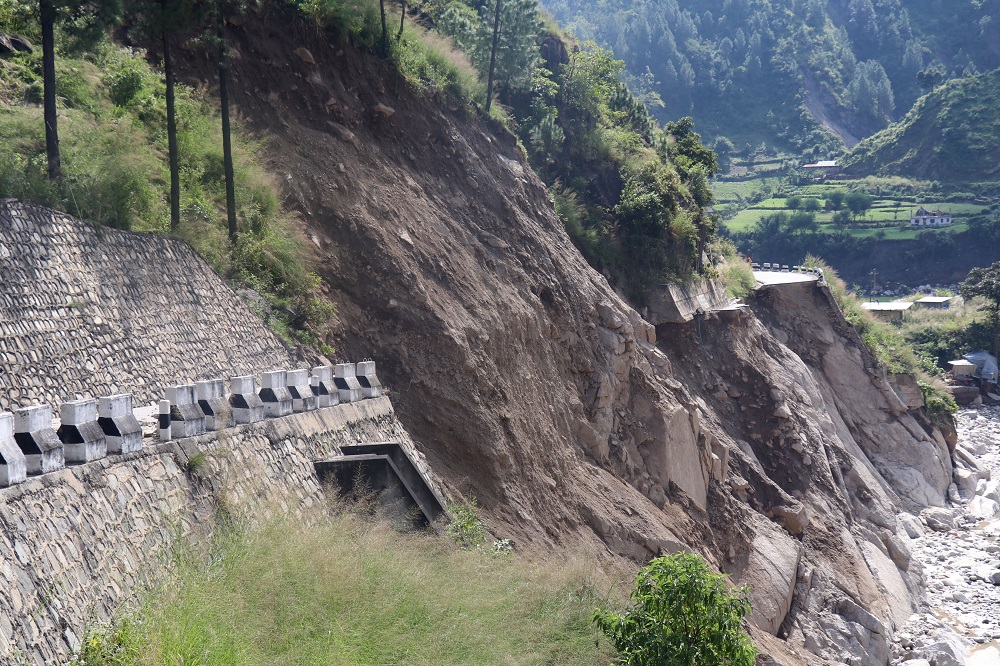Banks and financial institutions have prioritized vehicle (auto) loans targrting the upcoming NADA Auto Show 2024, the largest vehicle exhibition in Nepal, and the festive season which is just around the corner. Banks have started announcing auto loan schemes with low-interest rates and various incentives as they have excess liquidity for investment.
Rastriya Banijya Bank has announced a plan to offer auto loans at an annual interest rate of 7.77 percent effective from mid-August. Under the 'RBB Vehicle Loan Festive Offer,' the bank has announced a fixed interest rate for loans up to Rs 10 million for 7 years. This scheme, which began in mid-August, will continue until mid-November. The bank has also reduced the loan service fee by 0.25 percentage points, setting it at just 0.50 percent.
In July, NMB Bank introduced the 'Sulabh Autoloan Yojana.' This loan, specifically for the purchase of electric vehicles, comes with an annual interest rate of 8.99 percent. NMB Bank has clarified that the interest rate for this scheme will also remain unchanged for 7 years.
The NADA Automobile Association of Nepal is organizing this year's NADA Auto Show from September 6. The organizers have announced that the event will feature around a dozen and a half stalls from banks and financial institutions, as it is regarded as the premier event for vehicles in the country. Banks have launched auto loan schemes targeting the upcoming festivals like Dashain, Tihar, and Chhath.
Devendraraman Khanal, Chief Executive Officer of Rastriya Banijya Bank, said they have prioritized auto loans due to the approaching vehicle fair and festivals, coupled with growing public interest. "With the current low-interest rates, customers’ interest in vehicle loans is rising," he said. "We introduced a vehicle loan scheme because the auto show and festivals are just around the corner."
In response to the high trade deficit and declining foreign exchange reserves, Nepal Rastra Bank had previously increased the risk weightage on vehicle loans to curb vehicle imports. However, as external sector indicators gradually improved, the central bank has become more flexible.
According to data from Nepal Rastra Bank, by the end of the last fiscal year, banks and financial institutions had invested Rs 1241 billion under the category of hire purchase loans. This figure represents a 22 percent decrease compared to the Rs 1592 billion invested in the previous fiscal year. While hire purchase loans for commercial purposes decreased by 28 percent, loans for personal purposes saw a 0.3 percent increase.
Bankers note that as consumer interest in electric cars has recently surged, banks’ investments in this sector have also increased. Khanal mentioned that although Nepal Rastra Bank has not made a separate provision for electric cars, banks are giving them priority.
Additionally, banks have been lowering interest rates on deposits, which, combined with a decreasing base rate, has made loans more affordable. According to Nepal Rastra Bank, by mid-July 2024, the average base rate of banks had dropped to 8 percent, and the interest rate on loans had decreased to 9.93 percent.
Banks are currently offering loans with a minimum premium of 1 percent added to the base rate, allowing customers to secure loans at single-digit interest rates.











